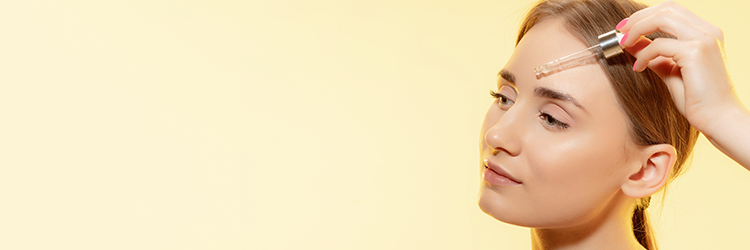When Is the Right Time for Botox and Fillers to Rejuvenate?
Nowadays, Botox and filler treatments have become highly popular for addressing signs of aging such as wrinkles, volume loss, and sagging. These procedures provide a youthful and healthy appearance with minimal intervention. However, timing is a crucial factor for both Botox and fillers. Early intervention can help delay the aging process, while waiting too long may result in more pronounced signs of aging.
So, when is the best age and time for Botox and filler treatments? Here’s what you need to know about the right timing and methods for rejuvenation!
When Is the Right Time for Botox?
Botox is a treatment that temporarily smooths out facial wrinkles. It is particularly effective for fine lines and deep wrinkles caused by overactive facial muscles.
Ideal Age to Start Botox
-
The ideal age to begin Botox is typically between 25 and 30 years old.
-
Around this age, laugh lines, forehead wrinkles, and frown lines may start to appear.
-
Using Botox at an early stage can prevent wrinkles from deepening and help maintain skin elasticity.
Benefits of Early Botox Intervention
-
Botox helps prevent the formation of fine lines by relaxing the muscles responsible for facial expressions.
-
It reduces the appearance of wrinkles and can delay visible signs of aging.
-
Early treatment provides a more natural youthful look when signs of aging are still minimal.
When Is the Right Time for Fillers?
Fillers are used to restore lost facial volume and achieve a more youthful appearance. They are commonly used in areas like the cheeks, cheekbones, and lips.
Ideal Age to Start Fillers
-
The ideal age range for filler treatments is usually between 30 and 40 years old.
-
During this time, noticeable volume loss and deeper wrinkles often begin to appear.
-
Early use of fillers can help combat the signs of aging and restore natural facial contours.
Benefits of Early Filler Intervention
-
Fillers replenish lost volume, providing a younger and fuller look.
-
Volume loss in areas like the cheeks and cheekbones becomes more prominent with age.
-
Starting fillers early helps maintain the natural structure of the face and prevents deeper wrinkles.
The Importance of Timing in Botox and Filler Treatments
Early Intervention for Rejuvenation
-
Botox and fillers are among the most effective methods for delaying aging and rejuvenating the face.
-
Early treatment prevents the deepening of wrinkles and volume loss.
-
These applications help maintain a youthful look and slow down the aging process.
Application in Later Years
-
In more advanced ages, Botox and fillers may not fully eliminate deep-set wrinkles but can still provide visible improvement, especially with repeated sessions.
-
Starting early often results in more natural and subtle outcomes.
-
Treatments done at older ages may require larger amounts and multiple sessions to achieve desired results.
Benefits of Rejuvenation with Botox and Fillers
-
Botox: Smooths out fine lines and wrinkles for a younger appearance.
-
Fillers: Restore facial volume, plump the lips, and enhance natural facial contours.
-
Early intervention helps maintain a youthful appearance for longer and yields more natural results over time.
-
Improves skin elasticity and highlights facial features, prolonging the effects of rejuvenation.
Conclusion: The Right Time for Botox and Fillers
Botox and fillers are essential parts of skincare, helping to address wrinkles, volume loss, and other signs of aging. When done early, these treatments provide a more youthful and natural look.
-
The ideal time to start Botox and fillers is between 25 and 30 years of age. Early applications prevent deep wrinkles and delay aging signs.
-
After age 40, filler treatments can help correct volume loss and facial contour changes.
The right time to rejuvenate is when you first start noticing signs of aging. For proper timing and personalized treatment, you can contact Assoc. Prof. Tuğba Falay Gür for professional advice!










